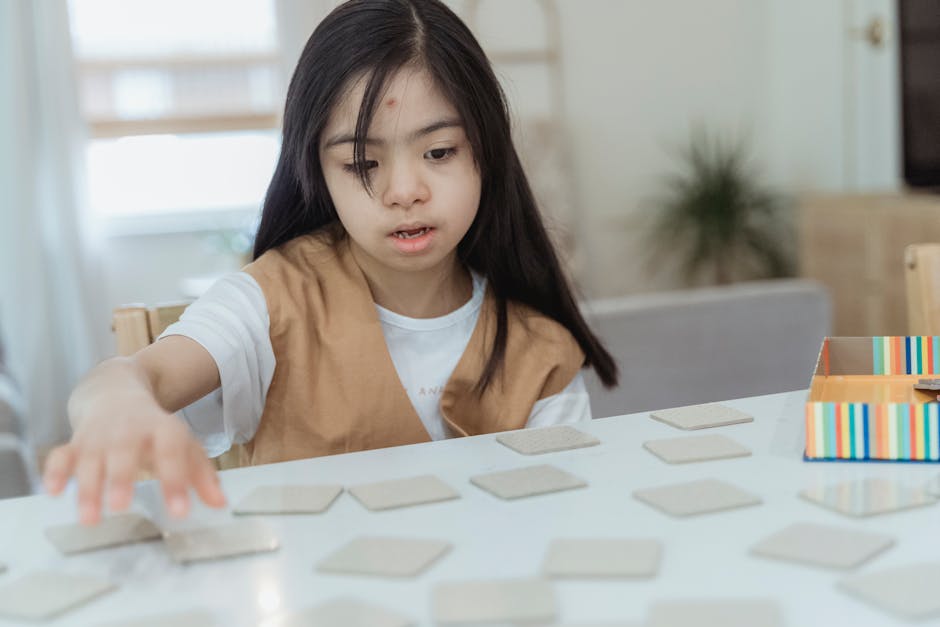Contemporary family life presents a diverse tapestry of experiences, each with its unique set of challenges. While the fundamental human needs of connection, security, and belonging remain constant, the modern environment has introduced new pressures and complexities. Understanding these common hurdles is crucial for fostering healthy and resilient families.
One significant concern facing families today is the escalating pace of life. The relentless demands of work, school, extracurricular activities, and social commitments leave parents feeling overwhelmed and stretched thin. Juggling responsibilities can lead to stress, resentment, and diminished quality time spent within the family unit. This, in turn, can impact communication, emotional well-being, and overall family cohesion. The expectation to “do it all” often translates to a feeling of inadequacy and contributes to the sense of pressure. Finding healthy boundaries and prioritizing family time becomes essential to counteract this pressure.
Another prevalent difficulty is the shift in societal expectations and roles. Traditional gender roles are increasingly blurred, leading to negotiation and sometimes conflict within families. Balancing career aspirations with family responsibilities requires adaptability and open communication. This may manifest as challenges in childcare arrangements, division of labour, or differing expectations regarding household responsibilities. Open dialogue and mutual respect for each other’s aspirations are key to navigating these evolving dynamics.
Economic pressures continue to be a major contributor to family stress. Rising living costs, coupled with inflation and fluctuating job markets, pose significant challenges for families of all backgrounds. The pressure to provide financially for children, coupled with anxieties about the future, can create significant tension and impact family dynamics. Financial literacy, budgeting strategies, and exploring avenues for financial assistance, when appropriate, become essential tools for overcoming these difficulties.
Technology, while a powerful tool, has also introduced a new set of challenges. The constant barrage of notifications, social media pressures, and the allure of online distractions can disrupt family time and communication. Screen time limits, digital detox strategies, and creating designated tech-free zones are necessary for maintaining healthy family interactions and promoting meaningful connections. Digital literacy for both parents and children is essential to navigate the complexities of the online world responsibly.
Parenting styles themselves are also undergoing transformations. The traditional authoritarian approach often clashes with modern emphasis on fostering emotional intelligence and autonomy in children. Finding a balanced approach that nurtures independence while maintaining structure and boundaries is paramount. Modern parents need to adapt and flexibly respond to the evolving needs of their children while also navigating their own emotional landscape. Parenting books and resources, open discussion forums, and support groups can be invaluable aids.
The rise of diverse family structures further complicates the picture. Single-parent households, blended families, adoptive families, and LGBTQ+ families face unique challenges. Navigating legal, social, and financial implications, building a sense of belonging, and ensuring adequate support systems become crucial factors in these structures. Respect for diverse family compositions, creating a supportive community, and recognizing the unique needs within each type of family are essential elements for success.
Communication is often cited as a fundamental factor contributing to family harmony, yet effective communication remains a challenge for many. The art of active listening, expressing needs constructively, and maintaining open dialogue about sensitive issues are vital elements. Learning conflict resolution strategies, understanding non-verbal cues, and respecting different communication styles can significantly mitigate misunderstandings.
Mental health concerns are increasingly impacting families. The pressures of daily life, coupled with mental health issues in individuals, can significantly affect family dynamics. Promoting mental well-being within the family, encouraging open discussion about mental health, and seeking professional help when needed are crucial to navigate these challenges. Developing coping mechanisms, stress management techniques, and seeking out community support resources are important elements in fostering resilience.
Addressing these family challenges requires a multifaceted approach. Families need to prioritize open and honest communication, establish clear boundaries, and foster a culture of respect and understanding. Seeking support from extended family, friends, or professional counselors can provide invaluable assistance. Ultimately, resilience and adaptability become key factors in successfully navigating the complexities of modern family life. Learning to embrace the diverse experiences, understanding the evolving norms, and establishing a strong foundation of support are essential ingredients for building a thriving family unit in today’s world.
Furthermore, fostering a sense of shared responsibility and mutual support amongst family members can mitigate many of these challenges. Encouraging collaborative problem-solving, and recognizing the individual strengths within the family structure, can lead to more resilient and connected family relationships. Active participation from all members, setting realistic expectations, and celebrating achievements, big or small, reinforces a positive family atmosphere that will endure.
In conclusion, modern families face an intricate network of challenges. Addressing these difficulties requires a conscious effort to foster open communication, build strong support systems, and adapt to the ever-shifting landscape of contemporary life. By prioritizing family time, respecting diverse perspectives, and addressing mental health concerns, families can navigate these complexities, cultivate strong connections, and build a foundation for lasting happiness and well-being.
